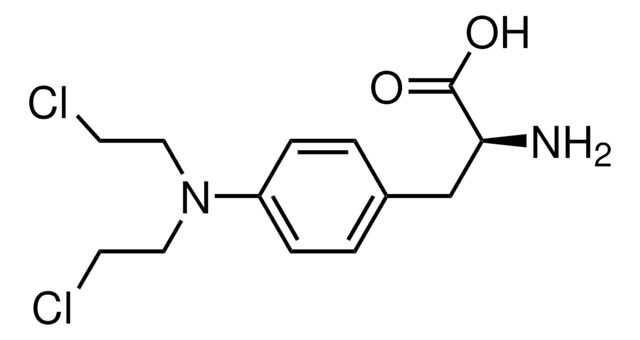I7284
Anti-Interleukin-7 Receptor α/CD127 antibody produced in goat
affinity isolated antibody, lyophilized powder
Synonym(s):
Anti-CD127, Anti-Il7r
About This Item
WB
western blot: 0.1-0.2 μg/mL
Recommended Products
biological source
goat
Quality Level
conjugate
unconjugated
antibody form
affinity isolated antibody
antibody product type
primary antibodies
clone
polyclonal
form
lyophilized powder
species reactivity
mouse
technique(s)
flow cytometry: 3.0-10.0 μg/mL
western blot: 0.1-0.2 μg/mL
UniProt accession no.
storage temp.
−20°C
Gene Information
mouse ... Il7r(16197)
General description
Immunogen
Application
Physical form
Not finding the right product?
Try our Product Selector Tool.
related product
Storage Class Code
13 - Non Combustible Solids
WGK
WGK 1
Flash Point(F)
Not applicable
Flash Point(C)
Not applicable
Personal Protective Equipment
Choose from one of the most recent versions:
Certificates of Analysis (COA)
Don't see the Right Version?
If you require a particular version, you can look up a specific certificate by the Lot or Batch number.
Already Own This Product?
Find documentation for the products that you have recently purchased in the Document Library.
Our team of scientists has experience in all areas of research including Life Science, Material Science, Chemical Synthesis, Chromatography, Analytical and many others.
Contact Technical Service







